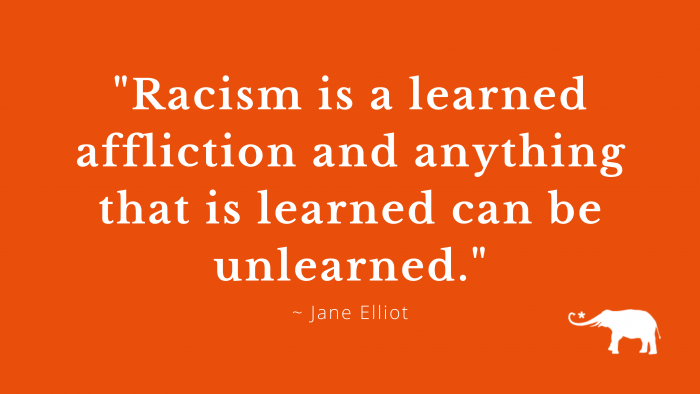I took a Black Studies class as an undergraduate education major in Greensboro, North Carolina.
The Woolworth’s counter where the famous Greensboro sit-ins took place is now in the Smithsonian Institution.
When asked what I hoped to get out of the class, I said that I didn’t feel I had received an adequate baseline of knowledge of the material in my own education and I didn’t want to overlook anything important when I taught it myself.
Today’s teachers face another challenge on how to handle this sensitive discussion while showing students how racism is one of the many moving parts that informs how we live in the United States today. Critical race theory is generally taught in law school to explain the long reach of racism in today’s political, legal and cultural institutions.
If you’ve ever seen someone pack a lunch and a lawn chair to vote, or noticed disparities in school systems funded by property taxes, or watched as yet another police officer trends on Twitter, you’ve seen some of the arguments about critical race theory that legal scholars and academics have used. These examples explain how systemic racism is baked into the laws that govern voting, education, and law enforcement.
Currently, five states have passed laws banning critical race theory, and limiting other lessons based on race and gender from being taught in K-12 schools. Other states are considering similar laws. Opponents of critical race theory say that these curriculum changes are racist and focus on “privilege” at the expense of personal responsibility. Educators teaching about race and its role in United States history want to be able to discuss all of it, not just American exceptionalism and certainly not glossing over slavery by calling slaves “workers.”
How does this affect teachers? A joint statement from the American Association of University Professors, the American Historical Association, the Association of American Colleges & Universities, and PEN America explained the implications to educators and the students they teach:
“Americans of all ages deserve nothing less than a free and open exchange about history and the forces that shape our world today, an exchange that should take place inside the classroom as well as in the public realm generally. To ban the tools that enable those discussions is to deprive us all of the tools necessary for citizenship in the twenty-first century. A white-washed view of history cannot change what happened in the past.”
States that want to suppress open discussion, of racism by legislative fiat are not doing anyone any favors, and legislators with political motivations are in most cases unqualified to make sweeping curriculum decisions. Learning and engaging in critical thinking and mindful discussion of these issues helps students learn how they can notice and combat injustices around them.
Legislating away the discussion of racism in general and critical race theory in particular does not make underlying issues go away.


 Share on bsky
Share on bsky





Read 21 comments and reply